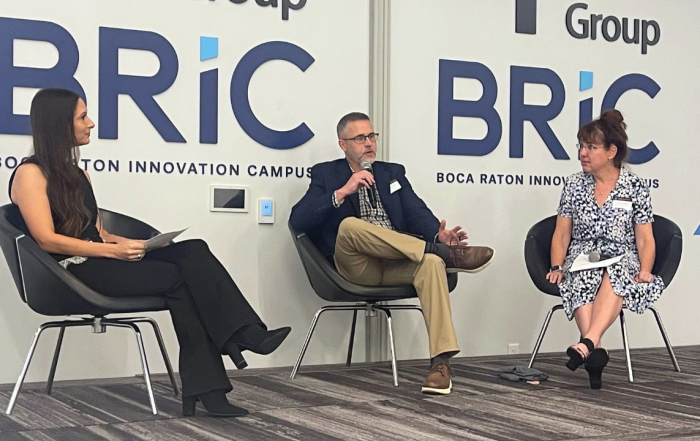
State and local governments are required to obligate their ARPA funds by December 31st, 2024. Therefore, vendors and contractors who sell to SLED agencies have a short window of opportunity to pitch products and services that are covered by these funds. Here’s what you need to know.
The American Rescue Plan Act (ARPA), enacted in March 2021, allocated $350 billion through the State and Local Fiscal Recovery Funds (SLFRF) to assist state, local, territorial, and Tribal governments in addressing the economic and public health impacts of the COVID-19 pandemic. These funds aim to support communities in their recovery efforts and build resilience against future challenges.
Understanding ARPA Funds
ARPA funds are designed to provide governments with the resources needed to:
- Replace lost public sector revenue: Address budget shortfalls resulting from the pandemic to maintain essential government services.
- Respond to public health and economic impacts: Support initiatives that mitigate the health crisis and stimulate economic recovery.
- Provide premium pay for essential workers: Compensate workers who faced heightened risks during the pandemic.
- Invest in infrastructure: Enhance water, sewer, and broadband infrastructure to improve community resilience.
Eligible Uses of ARPA Funds
The U.S. Department of the Treasury’s Final Rule outlines permissible uses of SLFRF funds:
- Public Health and Economic Impacts:
- Public Health: Funding can be allocated to COVID-19 mitigation efforts, medical expenses, behavioral healthcare, and certain public health and safety staff.
- Negative Economic Impacts: Assistance is available for households, small businesses, nonprofits, and industries such as tourism and hospitality that were adversely affected by the pandemic.
- Premium Pay for Essential Workers:
- Premium Pay: Additional compensation can be provided to essential workers who performed critical duties during the pandemic.
- Revenue Loss:
- Government Services: Funds can be used to support government services up to the amount of revenue lost due to the pandemic.
- Infrastructure Investments:
- Water and Sewer: Investments can be made in water and sewer infrastructure projects.
- Broadband: Expansion of broadband infrastructure to underserved areas is permissible.
Additionally, the 2023 Interim Final Rule introduced new eligible uses:
- Emergency Relief from Natural Disasters: Providing relief from the impacts of natural disasters.
- Surface Transportation Projects: Funding for eligible transportation infrastructure projects.
- Title I Projects: Investments in activities eligible under the Community Development Block Grant (CDBG) program.
For detailed guidance, refer to the Treasury’s resources on eligible uses.
Obligating ARPA Funds
Obligating ARPA funds involves committing them to specific purposes through formal agreements, such as contracts or subawards. The Treasury’s Obligation Interim Final Rule provides clarity on this process:
- Definition of Obligation: An obligation is a binding agreement for specific goods or services, including contracts, subawards, and purchase orders.
- Obligation Deadline: Recipients must obligate SLFRF funds by December 31, 2024.
- Expenditure Deadline: Obligated funds must be expended by December 31, 2026.
How GovSpend Can Help
To win a contract funded by ARPA, it’s important to first understand which agencies in your market have ARPA funds remaining, what products and services have been purchased using ARPA funds, and who is citing ARPA funds in their current, active bids. GovSpend’s spending data, from meeting transcripts to historical POs, can help you pinpoint agencies that are looking to obligate their ARPA funds before the end of the calendar year.
As of November 20th, 2024, the GovSpend platform showed the following related to ARPA funds:
- 1500+ meetings in the last 30 days mentioned “remaining ARPA funds”
- 200+ open bids mention ARPA funds
- 350+ active contracts have ARPA funding tied to them
- 9,000+ historical purchases from 4,000+ companies mention ARPA funds
ARPA funds offer a significant opportunity for SLED vendors to sell products and services that address the multifaceted challenges posed by the COVID-19 pandemic. By combining a strong understanding of eligible uses and deadlines with detailed agency spending intelligence, vendors can ensure they pursue contracts with governments who have funds to obligate.



